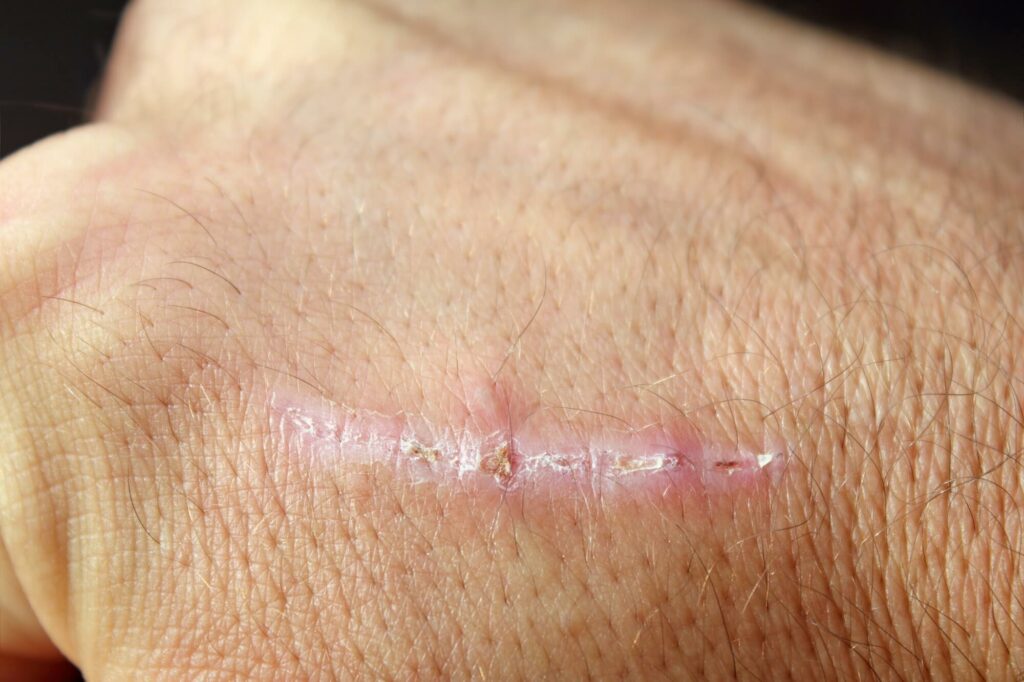
Stem Cell Therapy for Wound Healing: Accelerating Tissue Regeneration
Wound healing is a complex process that involves the coordinated interaction of various cells and biological factors to restore damaged tissue. While our bodies possess innate regenerative abilities, chronic wounds or severe injuries may not heal properly. This is where the revolutionary field of stem cell therapy comes into play.
Stem cell therapy has shown great promise in accelerating wound healing by harnessing the regenerative potential of stem cells. In this blog post, our stem cell physician in Franklin will explain how stem cell therapy can help in wound healing.
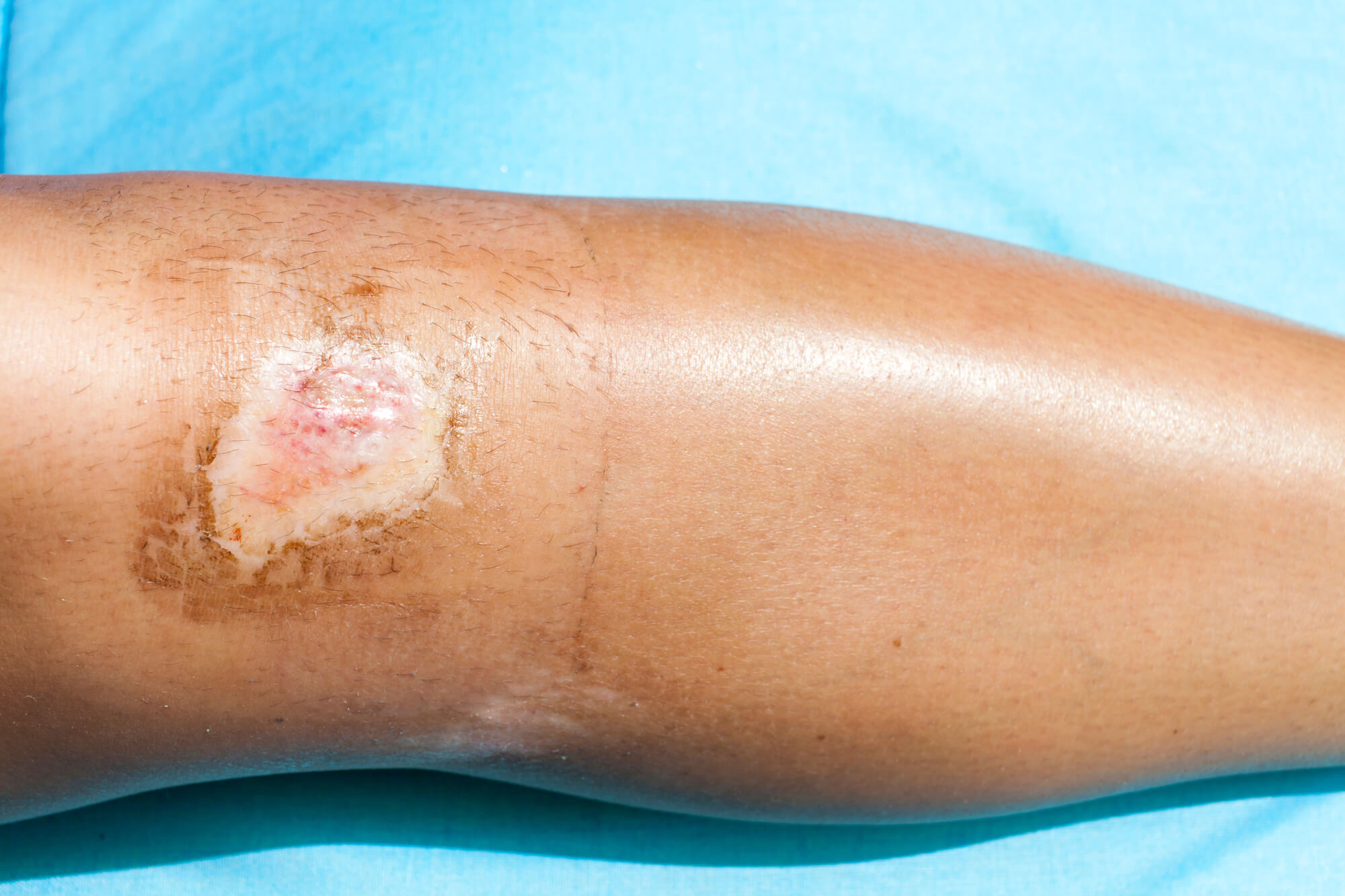
How Stem Cell Therapy Aids in Wound Healing
-
How do stem cells contribute to faster wound healing?
Stem cell therapy is a regenerative approach involving stem cells to accelerate wound healing. Stem cells possess the unique ability to differentiate into various cell types and release growth factors that promote tissue regeneration.
When applied to a wound, they stimulate the formation of new blood vessels, enhance cell proliferation, and provide a conducive environment for healing. This contributes to faster wound closure and improved tissue regeneration, leading to more efficient and effective wound healing.
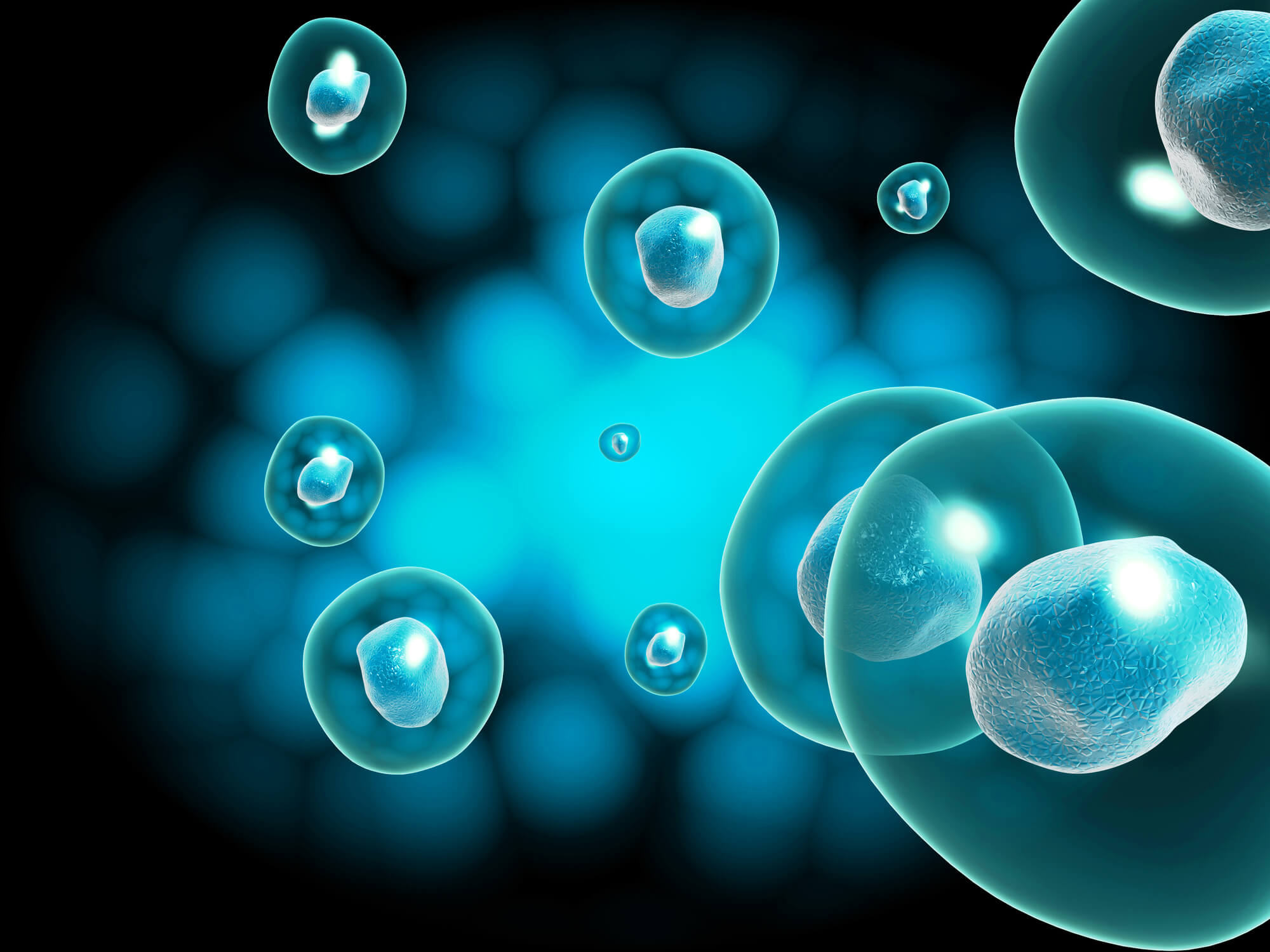
-
What types of stem cells are used in wound healing?
Various types of stem cells are used in wound healing, including induced pluripotent stem cells (iPSCs), mesenchymal stem cells (MSCs), and adipose-derived stem cells (ADSCs).
These stem cells can differentiate into different cell lineages, release growth factors, and modulate the local immune response.
They promote angiogenesis and the formation of new blood vessels and stimulate the production of extracellular matrix components, all of which are essential for tissue regeneration and wound healing.
-
Are there any side effects associated with stem cell therapy for wound healing?
The risks and side effects associated with stem cell therapy for wound healing are generally low. Stem cells can be sourced from the patient’s own body (autologous) or a donor (allogeneic). Autologous stem cell therapy poses minimal risks since it uses the patient’s own cells, reducing the chances of immune rejection or transmission of diseases.
However, allogeneic stem cell therapy may carry a slightly higher risk of immune rejection or graft-versus-host disease. It is important to consult with a healthcare professional to discuss individual risks and potential complications.
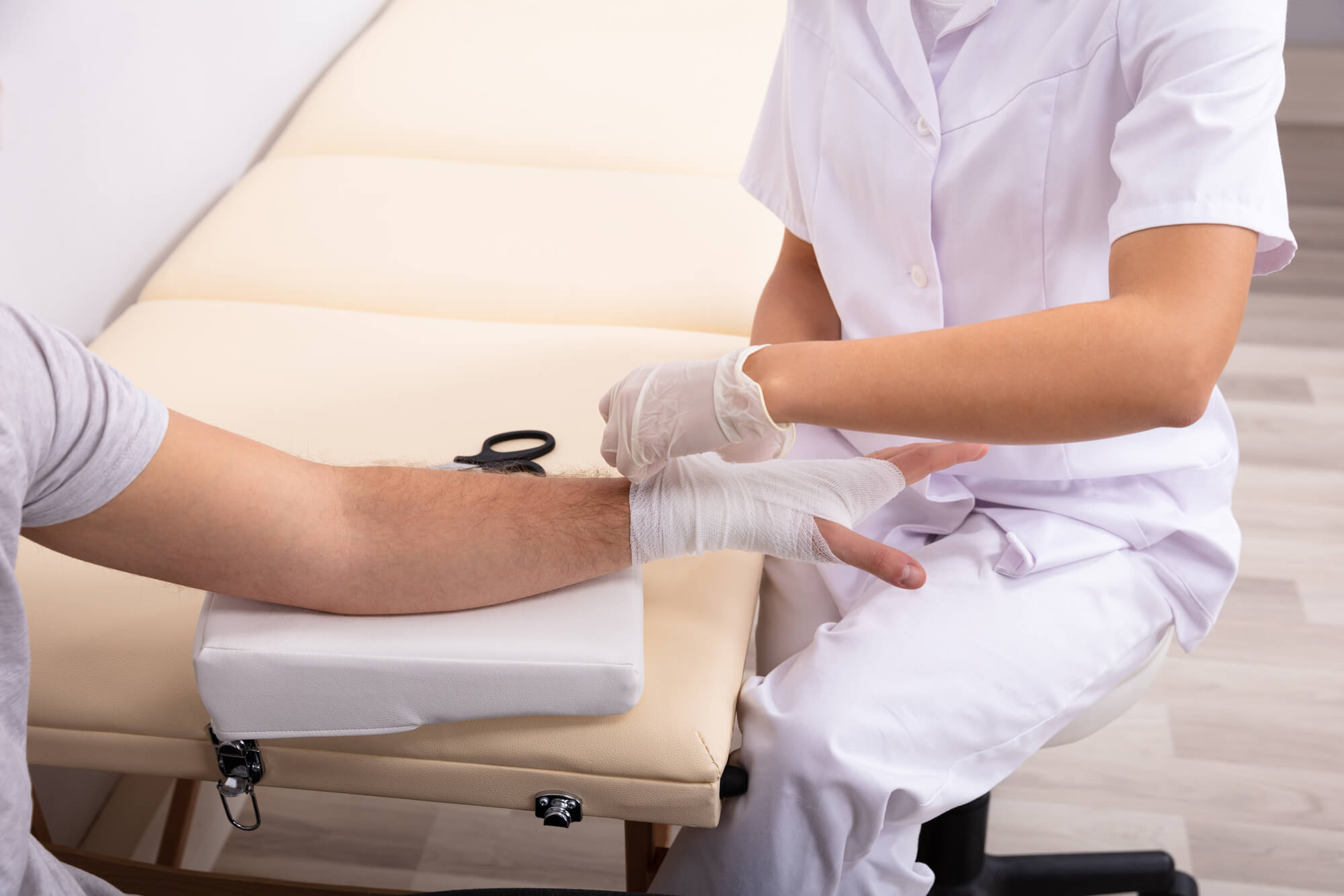
-
How long does it take to see results from stem cell therapy in wound healing?
The time to see results from stem cell therapy in wound healing varies depending on several factors, including the type and severity of the wound, the patient’s overall health, and the specific stem cell therapy approach used.
Generally, noticeable improvements in wound healing can be observed within a few weeks to a few months of treatment. However, it is important to note that each patient’s response to treatment may vary, and complete wound healing may require more time.
-
Can stem cell therapy be used for all types of wounds?
Stem cell therapy can be used for various types of wounds, including acute wounds and chronic wounds. Acute wounds, such as surgical incisions or traumatic injuries, can benefit from stem cell therapy by enhancing the healing process and promoting faster tissue regeneration.
Furthermore, stem cell therapy has shown promise in treating chronic wounds, such as diabetic foot ulcers or pressure ulcers, where traditional wound healing methods may have been ineffective.
The regenerative properties of stem cells provide a potential solution for wounds that have not responded well to conventional treatments.

-
Is stem cell therapy an alternative to traditional wound healing methods?
Stem cell therapy can be considered as an alternative or complementary approach to traditional wound healing methods. While conventional wound healing methods focus on providing a supportive environment for wound closure, stem cell therapy goes a step further by directly stimulating tissue regeneration and promoting faster healing.
By harnessing the regenerative potential of stem cells, this therapy offers a novel and promising approach to enhance the body’s natural healing abilities and improve wound healing outcomes.
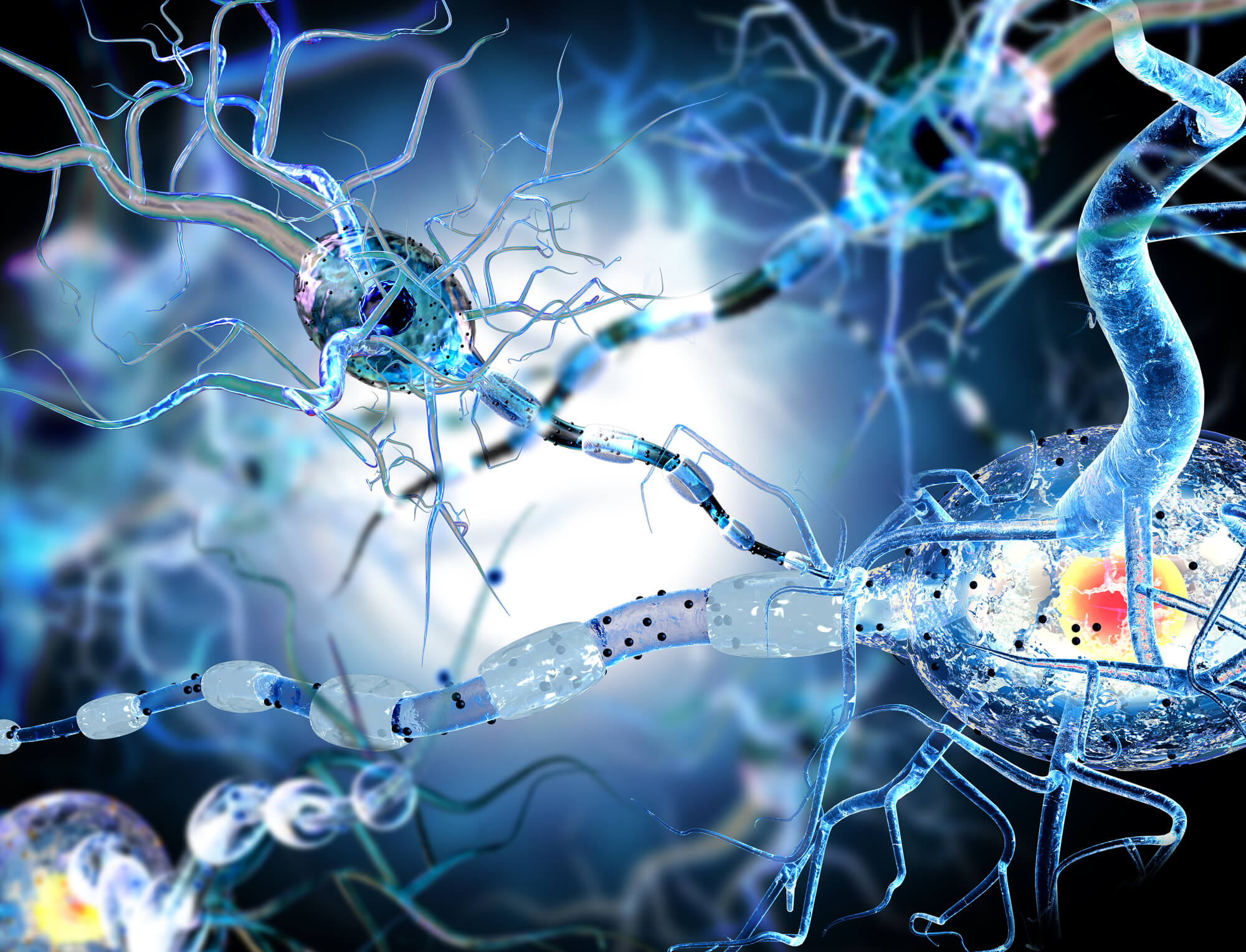
-
Are there any age restrictions or specific patient requirements for receiving stem cell therapy for wound healing?
Stem cell therapy for wound healing does not have specific age restrictions. It can be considered for patients of various age groups, including both young and elderly individuals. However, the suitability of stem cell therapy may depend on the patient’s overall health status and individual circumstances.
It is crucial to consult with a healthcare professional who can evaluate the patient’s condition and determine the most appropriate treatment approach, considering any potential risks or considerations.
-
Are there any ethical considerations associated with using stem cells in wound healing?
Ethical considerations in stem cell therapy primarily revolve around using embryonic stem cells. Embryonic stem cells are derived from human embryos, raising ethical concerns for some individuals due to the potential destruction of embryos during the extraction process.
However, significant progress has been made in developing and using alternative stem cell sources, such as iPSCs and adult stem cells, which significantly mitigate these ethical concerns. iPSCs are generated by reprogramming adult cells to an embryonic-like state, eliminating the need for embryos.
Adult stem cells, such as MSCs and ADSCs, can be obtained from the patient’s own body without ethical concerns. These advancements in stem cell research have opened doors for the ethical and responsible use of stem cell therapy in wound healing.
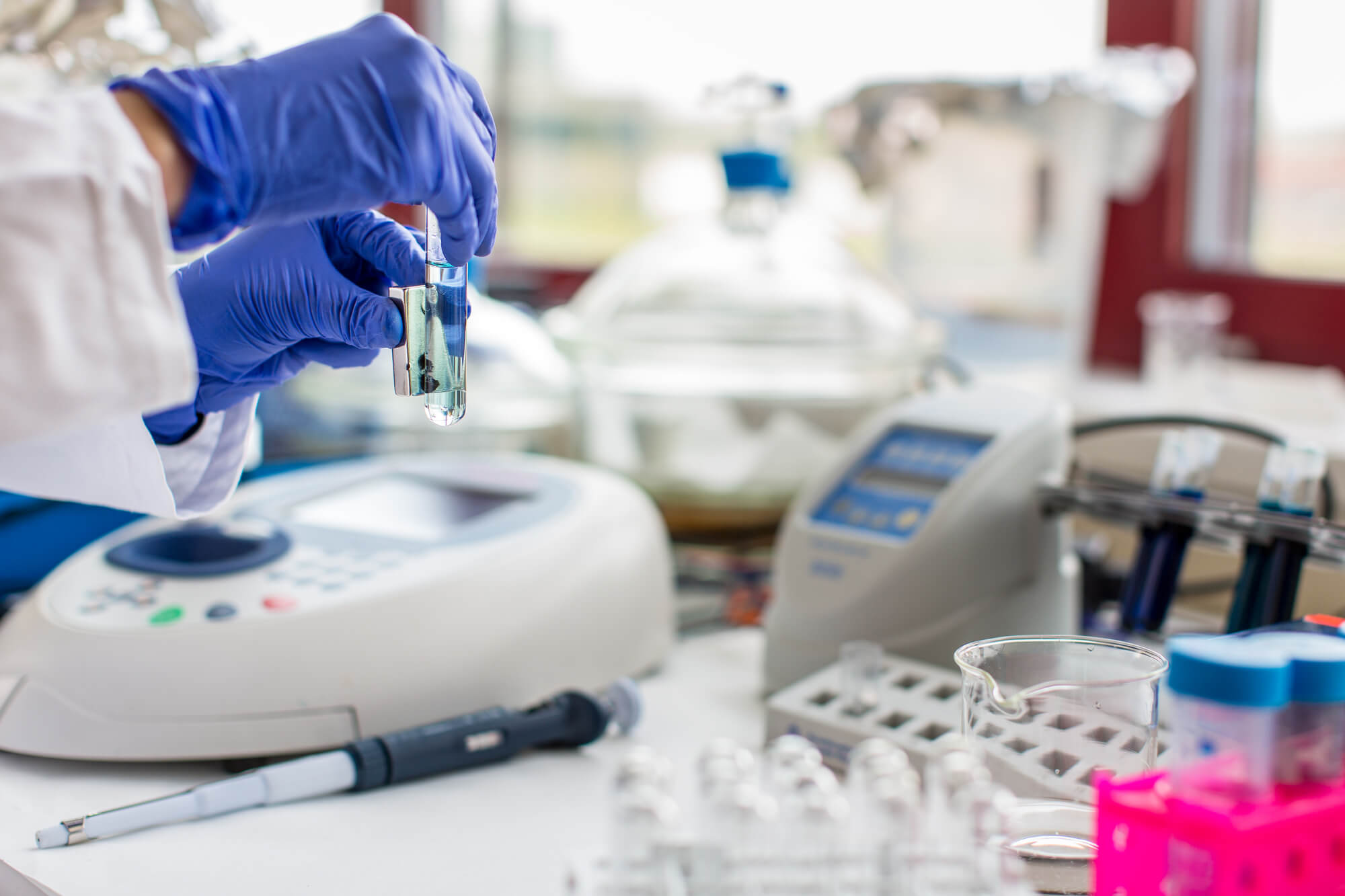
-
How affordable is stem cell therapy for wound healing, and does insurance cover it
The cost of stem cell therapy for wound healing can vary depending on various factors, including the type of stem cells used, the treatment approach, and the healthcare provider. As stem cell therapy is still a relatively new and evolving field, it may not always be covered by insurance.
It is important to check with insurance providers regarding coverage and potential reimbursement options. The affordability of stem cell therapy can also depend on geographic location and the availability of clinical trials or research programs that offer reduced-cost or subsidized treatments.
-
What does the future hold for stem cell therapy in wound healing?
The future of stem cell therapy in wound healing is promising. Ongoing research aims to optimize stem cell sourcing, delivery methods, and treatment protocols to maximize therapeutic outcomes. The development of bioengineered scaffolds, biomaterials, and innovative delivery systems is enhancing the efficacy and precision of stem cell therapy.
Furthermore, advancements in genetic engineering techniques and the use of gene-edited stem cells hold potential for further enhancing wound healing capabilities.
Continued collaboration between scientists, healthcare professionals, and regulatory bodies will drive the progress and adoption of stem cell therapy, ultimately benefiting patients needing faster and more effective wound healing solutions.
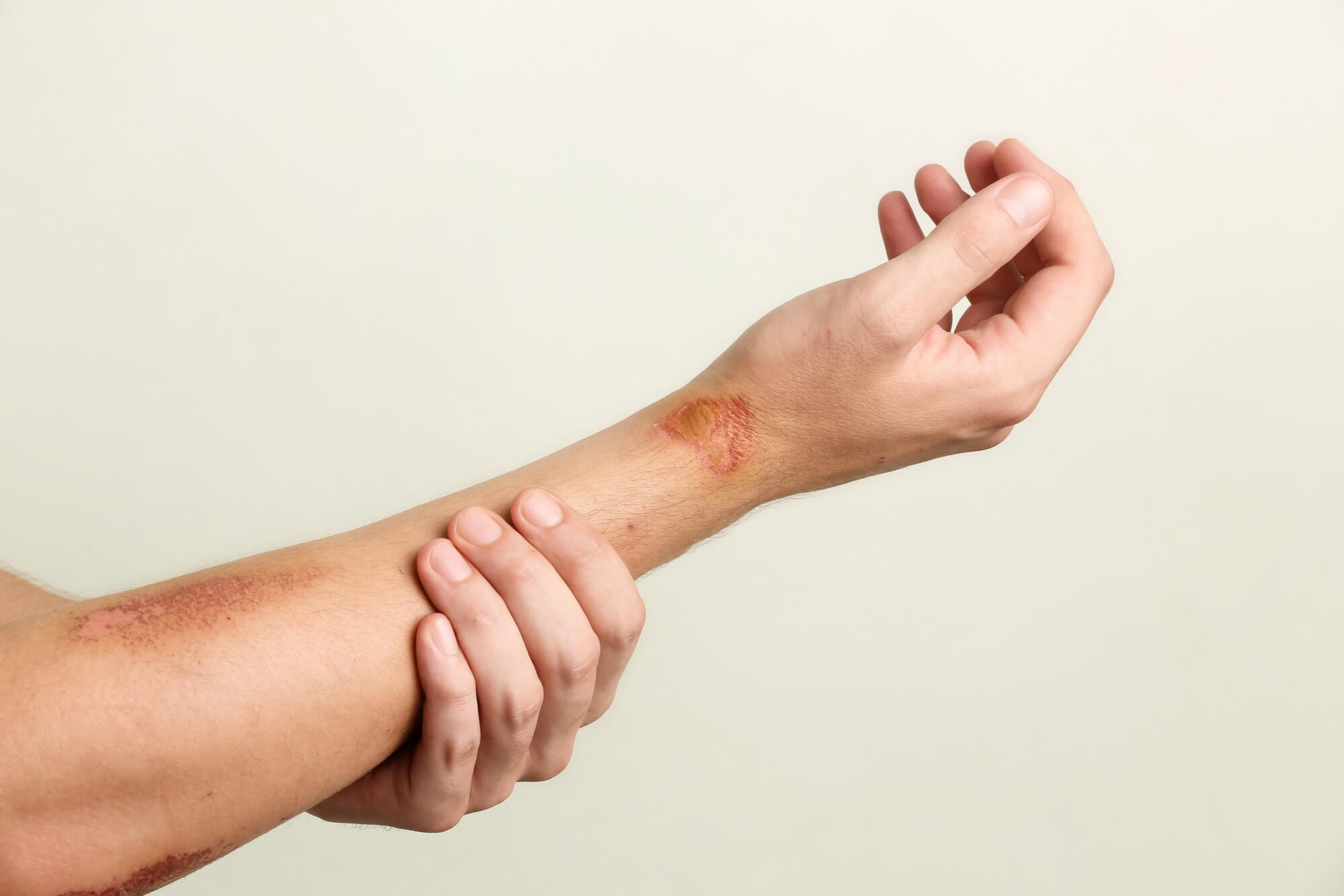
Looking for a Stem Cell Physician in Franklin?
Stem cell therapy represents a groundbreaking approach in the field of wound healing. By harnessing the regenerative potential of stem cells, this innovative treatment modality holds tremendous promise in accelerating tissue regeneration and improving wound healing outcomes.
If you or a loved one is seeking advanced regenerative solutions for orthopedic injuries, chronic pain, or wound healing, Nashville Regenerative Orthopedics is here to help. Our team of experienced physicians specializes in cutting-edge stem cell therapy and regenerative medicine techniques. Contact us today for a consultation.

